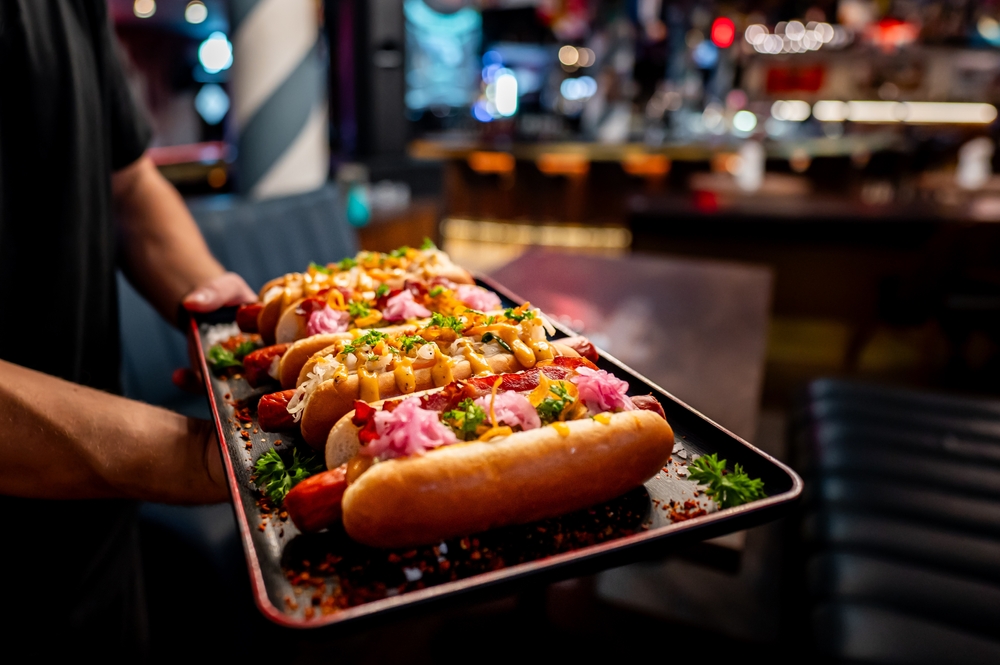The ban reportedly extends to private homes.
Others are reading now
Hot dogs have long been a beloved snack, enjoyed in various forms across the globe.
From baseball games in the United States to street food markets in Europe and Asia, the iconic pairing of a sausage in a bun transcends cultural boundaries.
This simple yet satisfying meal adapts to local tastes, with toppings ranging from mustard and ketchup to more adventurous choices like kimchi or curry sauce.
Despite its worldwide appeal, there are places where this humble snack faces an unlikely controversy.
Also read
In North Korea, leader Kim Jong Un has reportedly taken a stand against hot dogs, banning their production, sale, and consumption across the country.
Incompatible with North Korean Values
According to SuperExpress, the regime has labeled the snack as a symbol of Western decadence, incompatible with North Korean values.
Citizens caught eating, selling, or even possessing hot dogs risk severe punishment, including imprisonment or forced labor.
The ban reportedly extends to private homes, leaving no room for personal choice in the matter.
This crackdown is not limited to hot dogs.
Another dish now reportedly outlawed is budae-jjigae, or “army stew,” a Korean-American fusion dish combining traditional ingredients like kimchi and chili with sausages and beans.
Introduced to North Korea in 2017 from the South, this hearty meal is now viewed as a threat to the regime’s cultural narrative.
Those found consuming or preparing budae-jjigae are said to face harsh penalties.
The measures align with Kim Jong Un’s broader campaign against perceived Western influences.
In addition to food bans, the regime has also reportedly imposed stricter penalties on divorces.
Both men and women now face punishment regardless of the circumstances leading to their separation, even in cases of abuse.
Observers note that these policies seem designed to reinforce ideological control and suppress behaviors seen as undermining traditional values.
For a country already isolated from much of the world, these bans reflect the regime’s determination to limit foreign influences and dictate every aspect of daily life.

